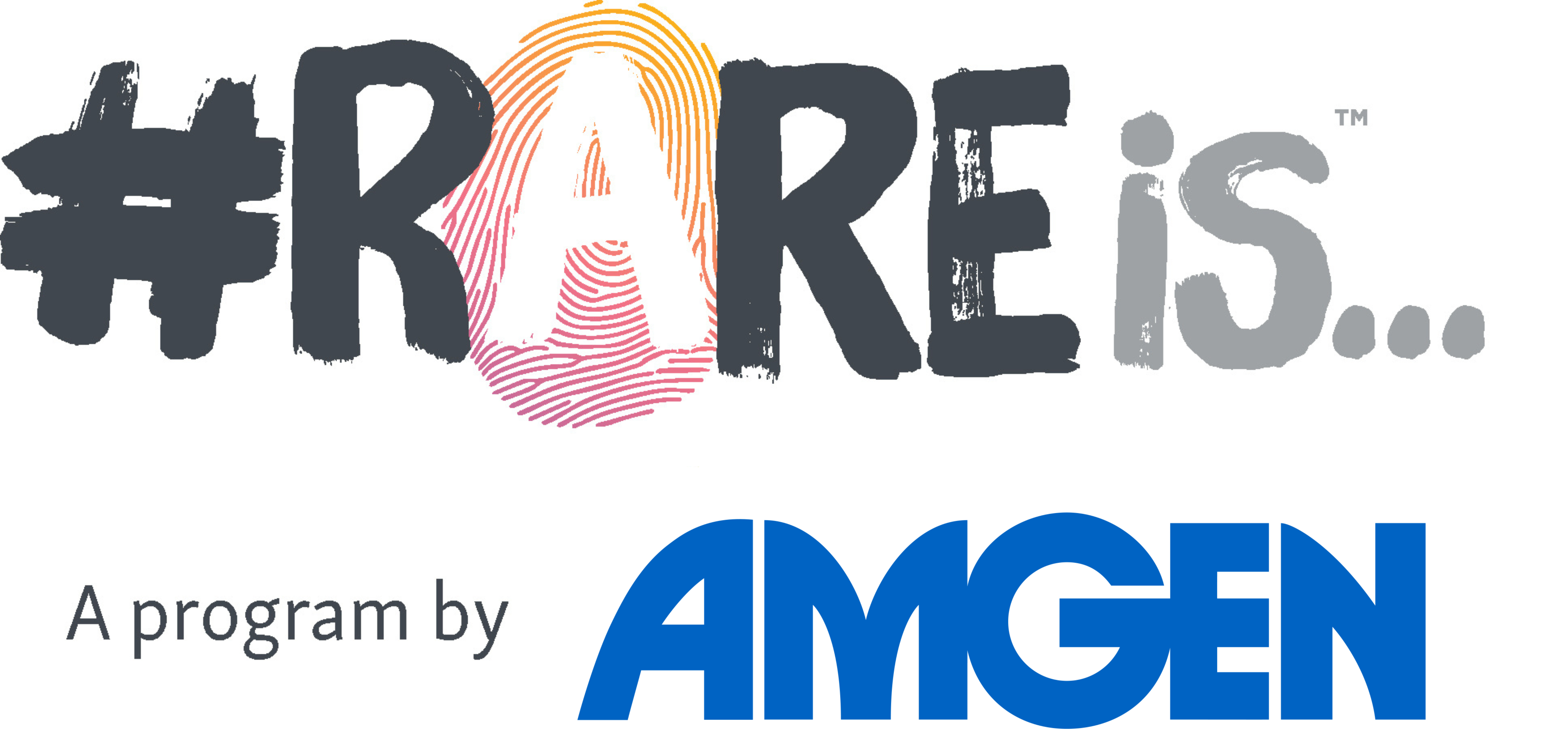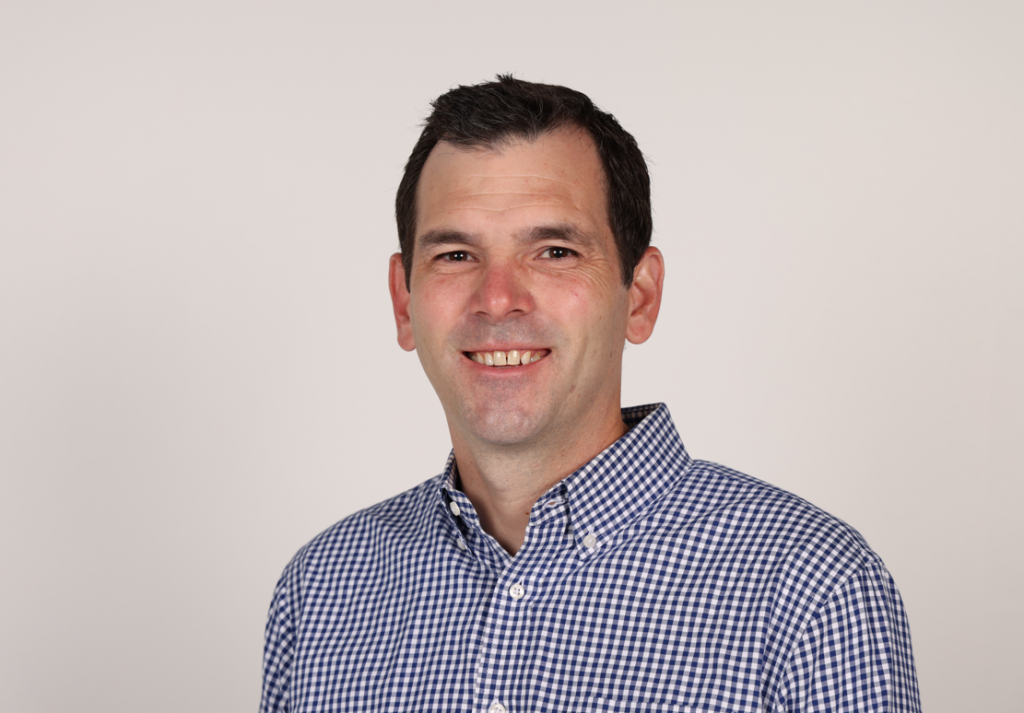Patient Advocacy Chose Me
Long before I began my professional career, I unknowingly started down a path in rare disease advocacy.
When I was 15 years old, my family learned my younger brother had focal segmental glomerulosclerosis (FSGS), a rare disease that affects the kidneys ability to eliminate waste. Given the time of his diagnosis – before the internet was widely used and rare disease families became better connected – the resources and conversations surrounding FSGS were limited. My family felt isolated and our only option was to find answers and information from our doctor or the public library. Several years after my brother’s diagnosis, I found out I was the only one of our three brothers that was a kidney donor match and was honored to have the opportunity to donate my kidney to him.
To this day I believe being an organ donor is among the most rewarding things a person can do.
Light was finally being shed
A few years after my brothers first transplant, our family received news that made us feel less isolated. In the early 2000s, several news outlets ran articles profiling NBA Hall of Famer Alonzo Mourning’s struggle with FSGS. While we were saddened to learn that Mourning was also struggling with this difficult diagnosis, it was inspiring to finally see a light being shed on the disease. The news articles – detailing the disease and quoting nephrology experts – gave us new insights.
Shortly after the article came out, we learned that a newly established advocacy group, NephCure Kidney International, was helping to improve education, elevate awareness, raise funds and drive research for FSGS.
Mourning’s powerful story and the inception of NephCure Kidney International made my brothers and I want to do something – we felt empowered to make things better. We decided to hold our own local educational event in the Chicagoland area, in addition to hosting an annual walk for FSGS. We raised money for NephCure Kidney International, but perhaps more importantly, we got to meet many others living with the disease and hear their stories. It’s not an easy journey. In my brother’s case – and what we learned was also the experience of many others living with FSGS – the disease came back after his kidney transplant and additional kidney transplants were needed. This is a devasting experience to discuss, but it was very helpful to hear from others going through it, and to know that we were being listened to and research was happening.
This experience made a big impact on my life. It led me down a path to being part of the patient advocacy and communications team at Horizon. Our approach is to listen, learn and understand the challenges of the rare disease community. We have learned over the years that the most impactful programs and initiatives are born out of the true experience of those living with the disease and their families. We take the lead from these advocates – from large non-profits to small groups of volunteers working nights and weekends – and we share these insights back into our organization and throughout the rare disease community. It is a privilege to be part of a company that puts this deep a focus on patient engagement, and being able to work with brilliant scientists that want to hear the patient experience to inform their efforts driving rare disease research.
Why We Created #RAREis
After listening to, learning from and seeking to understand the rare disease community, our team at Horizon had an idea of creating a social media campaign called #RAREis that would amplify the thousands of voices in the rare disease community and offer a place to share their stories and support. Since its inception, #RAREis has grown into a program that provides rare disease individuals and families access to resources that connect, inform and educate as they navigate their daily lives. All of these programs are created in partnership with patient advocacy organizations.
Some of our impactful initiatives include: the #RAREis Playlist in partnership with The Sing Me A Story Foundation to create songs based on the stories of children living with rare diseases, #RAREis Adoption Fund with Gift of Adoption to help bring children living with rare diseases from orphanages around the world to loving homes with their forever families and the #RAREis Scholarship Fund in partnership with the EveryLife Foundation for Rare Diseases to enrich the lives of adults living with rare diseases by providing support for their educational pursuits.
A Brighter Journey Ahead
It’s been 32 years since my brother was diagnosed with FSGS, and I’m happy to share that – despite many past challenges and setbacks that I won’t get into because that’s his story to tell – he is doing very well. He and his wife have three kids under 10 and they are all hilarious and so much fun to be around.
Things have changed tremendously since 1989, when there was very little out there in the way of research, community or support. That change is due to the work of people living with FSGS and their families who formed patient advocacy organizations, raised money, advocated and shared their stories. The same evolution is happening with many other rare diseases, something we get to witness daily in our work at Horizon. There is a tremendous amount of momentum, and I can’t wait to see what the future holds for the rare disease community.

